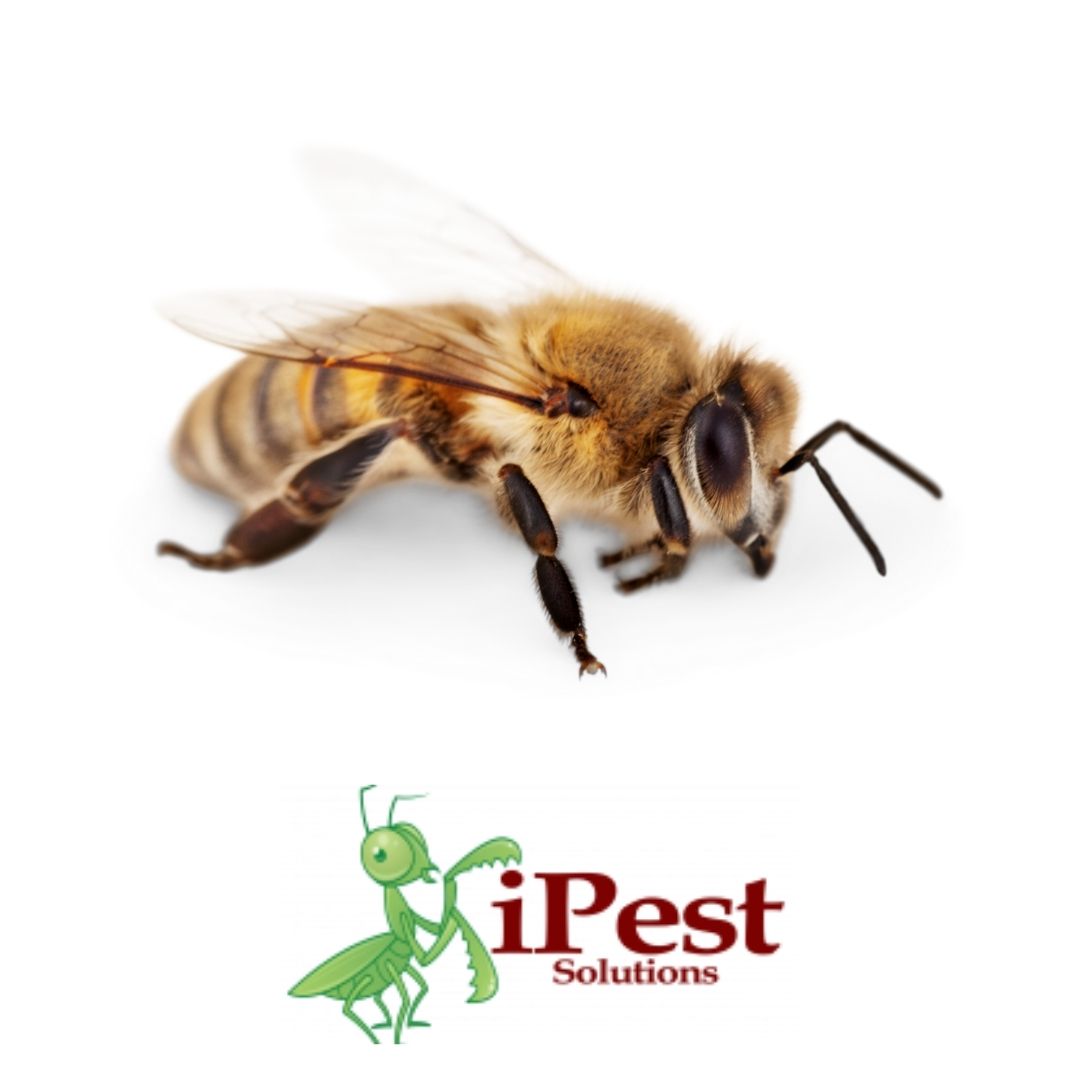While wasps and bees seem very similar, they are two completely different species. In this article, we’re going to take a look at these differences and how these differences influence pest control considerations.
Appearance
The two species are very different in appearance. Bees have stockier bodies and they are covered in fuzz. These tiny hairs help the bees pick up polen when they are collecting nectar, which they will then take to other flowers and help in the process of pollination. Wasps on the other hand have slender bodies, with a noticeably thin waist. They are also hairless, since they play a very small part in pollination.
Nests
When it comes to nests, bees build nests that are very hardy. The nests can survive winter, and they are filled with honey, which is a major food source for both the workers and the larvae of the colony. Wasp nests on the other hand are short lived, with a nest housing a colony for only a few months. The nest will usually start in spring, and last until autumn, with most of the colony being dead by winter, with the exception of a few queens that will start new nests after hibernating.
Diet
Bees only consume plant pollen and nectar. Wasps on the other hand have a more complex diet. Mature wasps will eat sugars, while the larvae will feed on protein. This protein can come from other insects, picnic tables and even dead animals.
Stings
Wasps and bees also differ when it comes to their stings. Bees can only sting once, after which they will die. Wasps on the other hand sting multiple times in a row, and they will use their jaws to clench onto the victim to better facilitate the stinging.
Control
Wasps and bees are controlled using different methods. Bee infestations are very rare, but in case they do occur, the nest can either be relocated to the local beekeeper or removed by a pest control professional. Wasp nests on the other hand will always have to be removed, usually with insecticides that are either applied directly to the nest, or used to create a deadly atmosphere for the wasps in the spaces that they inhabit.
If you would like to know more about how these two insect species are controlled, or if you have an infestation on your property, contact us today.







